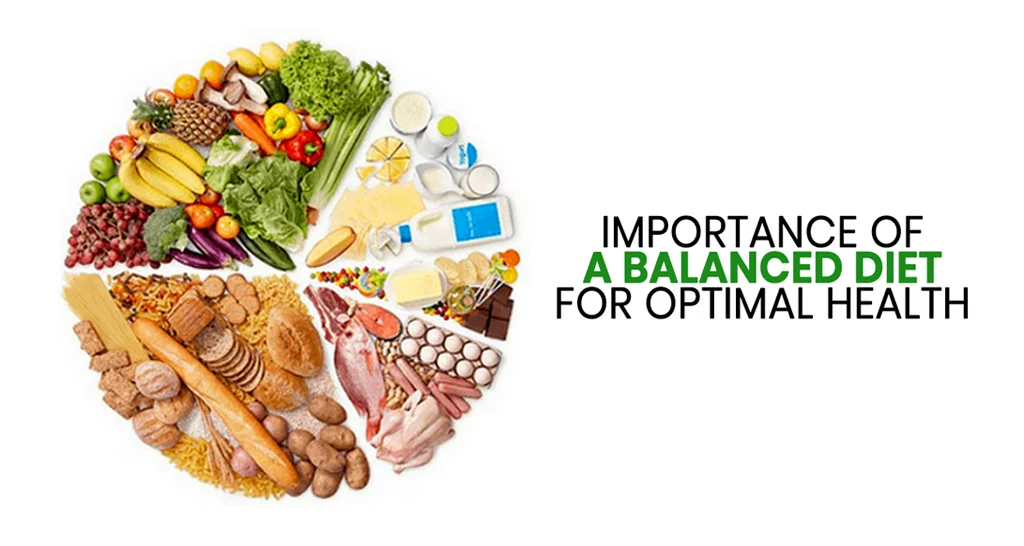
Healthy food is the cornerstone of a balanced lifestyle, providing the nutrients needed for physical, mental, and emotional well-being. With an increasing focus on health-conscious eating, people are exploring innovative ways to incorporate nutritious and delicious foods into their daily diets.
The Fundamentals of Healthy Eating
1. Balance
A balanced diet includes a mix of macronutrients:
- Proteins: Essential for muscle repair and growth. Found in lean meats, legumes, and tofu.
- Carbohydrates: The body’s primary energy source, with whole grains and vegetables being healthier options.
- Fats: Healthy fats, such as those from avocados, nuts, and olive oil, support brain health and energy.
2. Nutrient Density
Opt for foods rich in vitamins, minerals, and antioxidants, such as leafy greens, berries, and nuts, to maximize health benefits without excess calories.
3. Portion Control
Mindful eating helps in maintaining portion sizes, ensuring a balanced caloric intake.
Popular Healthy Food Choices
1. Superfoods
These nutrient-rich foods are celebrated for their health benefits:
- Kale and Spinach: High in vitamins A, C, and K.
- Chia Seeds: Packed with omega-3 fatty acids and fiber.
- Quinoa: A complete protein with all nine essential amino acids.
2. Fermented Foods
- Yogurt: Rich in probiotics that support gut health.
- Kimchi and Sauerkraut: Improve digestion and enhance immunity.
- Kombucha: A fermented tea known for its detoxifying properties.
3. Plant-Based Alternatives
As plant-based diets gain traction, options like almond milk, jackfruit, and plant-based meats offer nutritious alternatives to traditional animal products.
Healthy Eating Trends
1. Farm-to-Table Movement
This trend emphasizes sourcing fresh, local, and seasonal ingredients to reduce environmental impact and enhance flavor.
2. Meal Prepping
Pre-planning meals ensures balanced nutrition and reduces the temptation to opt for unhealthy fast food options.
3. Flexitarian Diets
This semi-vegetarian approach promotes plant-based eating while allowing occasional meat and dairy consumption.
Health Benefits of Eating Well
- Improved Energy Levels
Nutrient-dense foods provide sustained energy, reducing mid-day slumps. - Weight Management
A diet focused on whole, unprocessed foods helps maintain a healthy weight. - Enhanced Mental Clarity
Foods rich in omega-3 fatty acids, like salmon and walnuts, support brain function and reduce the risk of cognitive decline. - Reduced Risk of Chronic Diseases
Eating a variety of fruits, vegetables, and whole grains lowers the risk of conditions like diabetes, hypertension, and heart disease.
Tips for Incorporating Healthy Foods
- Start Small: Make gradual changes, like swapping sugary snacks for fruits or white bread for whole grain.
- Experiment with Recipes: Explore global cuisines that incorporate healthy ingredients.
- Stay Hydrated: Drink plenty of water to support digestion and overall health.
- Plan Ahead: Prepare a weekly menu to ensure balanced meals.
Debunking Myths About Healthy Eating
- “Healthy food is bland.”
Herbs, spices, and natural condiments can make healthy dishes flavorful and exciting. - “It’s expensive to eat healthy.”
Buying seasonal produce and bulk grains can be cost-effective and nutritious. - “You have to give up all treats.”
Healthy eating is about moderation, not deprivation—occasional indulgences are perfectly fine.
The Future of Healthy Food
- Tech in Nutrition
Apps and wearable devices are enabling personalized dietary plans based on individual needs. - Functional Foods
Products fortified with additional health benefits, like probiotics in cereal, are becoming mainstream. - Sustainable Diets
As awareness grows, diets focusing on low environmental impact are shaping the future of eating.
Healthy food is not just about physical nourishment; it’s a lifestyle choice that fosters long-term vitality and happiness. By embracing nutritious options and making mindful eating decisions, we can pave the way for a healthier, more vibrant life.
